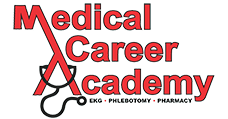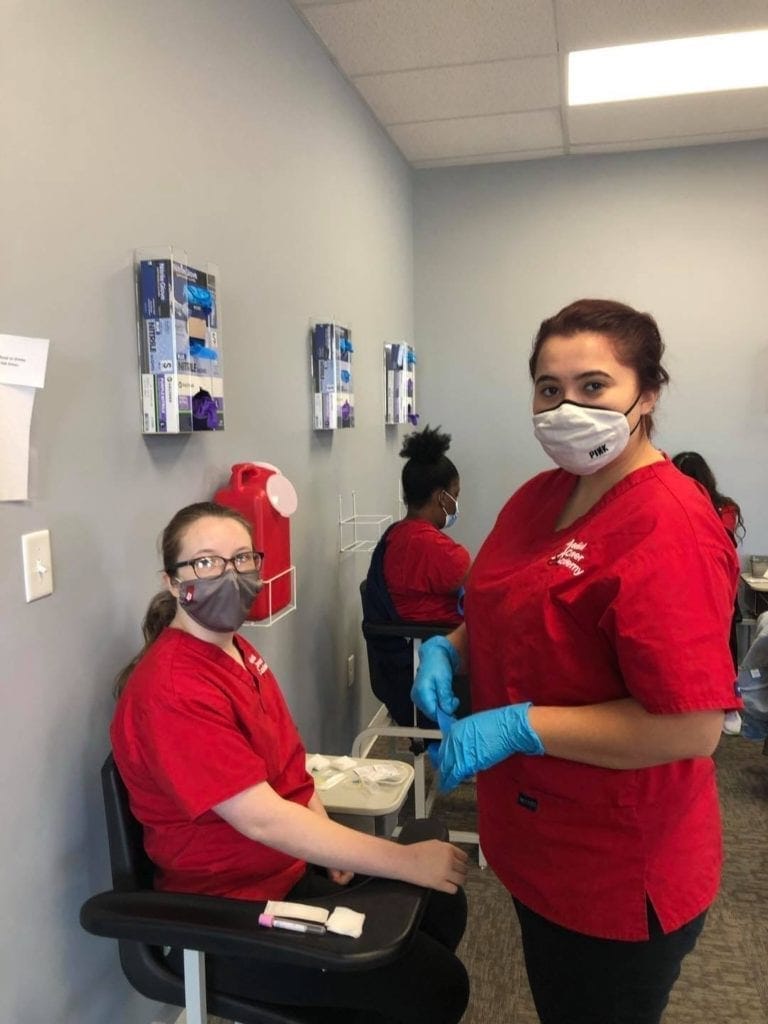The practice of phlebotomy is just as important and complex as any other process or field in the medical industry. The necessity of drawing blood in the field is felt now more than ever, especially given that testing is conducted through a trained phlebotomist in many cases. It is essential in diagnosis of a number of diseases—the novel coronavirus included.
As with any profession, however, there is a set of skills that makes you more suited to phlebotomy. In this article, we are going to explore some of these skills so that you can properly prepare yourself for excellence in this field. With no further ado, here they are:
Keen eyes and attention to detail
Improving your observation skills is essential during phlebotomy training. This is both to prevent errors in the laboratory and the injury of patients. An excellent phlebotomist understands that even the most minute of details can affect the outcome of laboratory tests.
For example, if certain test tubes are jostled even just the slightest bit too much, this can result in false results from tests. Clerical errors are also fairly common and difficult to fix if not observed early on. Even just failing to fully disinfect the skin above a vein can result in disastrous contamination of samples.
In this day and age, there is no room for error as this can mean life or death for certain people. The greater your attention to detail, the more easily will you be able to prevent errors that lead to more challenging problems.
A flair for patient counseling
Phlebotomy, in particular, involves direct contact with many patients. It involves counseling the patient by helping them understand the medical procedures that need to be conducted on them. After all, before they can give consent to any medical procedure, it is important that they give this consent fully informed of the science behind it.
In general, the more a patient understands the procedure, the more likely they are to consent and cooperate willingly. Whether this involves potential side effects or the slightest bit of pain in the process, it is important that people are made aware of whatever might happen.
Proper qualifications
While you might have these soft skills in good measure, it is still important to have your technical training in phlebotomy verified. According to the American Association of Medical Personnel, phlebotomists with certifications are 10% more likely to be employed than their uncertified colleagues.
It is not just about finding employment; it is about ensuring the safety of patients and the reliability of laboratory results. These go hand-in-hand in the medical industry, as they are absolutely necessary if medical personnel are to properly treat and diagnose whatever conditions a patient might have. Every step of the way must be taken with great care, starting with the drawing of samples by a phlebotomist.
Final thoughts
While the practice may look deceptively simple, it is clearly not the case. Phlebotomy is a highly technical aspect of medical procedures, requiring proper training in the use of various medical tools. Not only that, but plenty of other skills one might think are unrelated are also necessary as well.
If you’re interested in a career as a trained and certified phlebotomist, send us at Medical Career Academy a message. We are Indiana’s premier medical academy, providing courses for various professions in the medical field.

